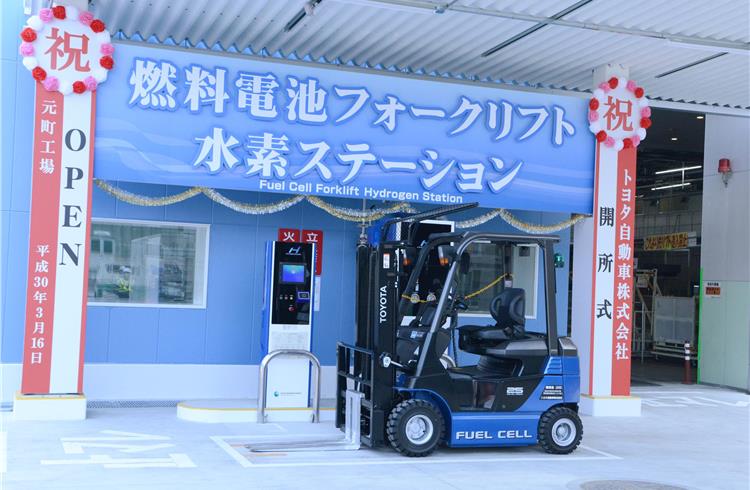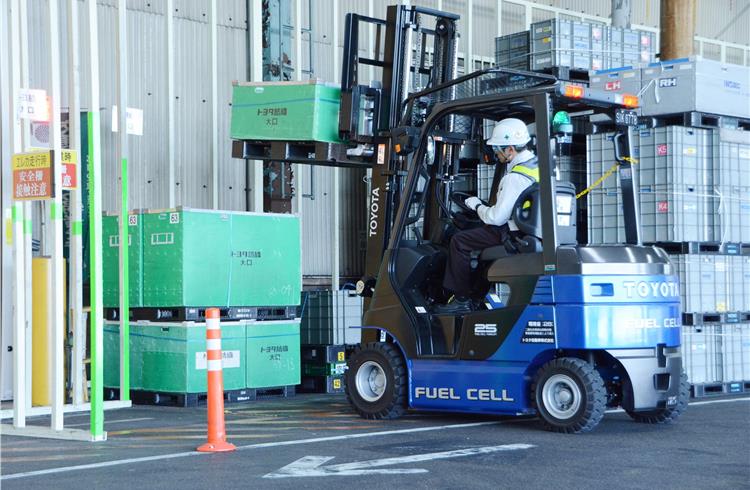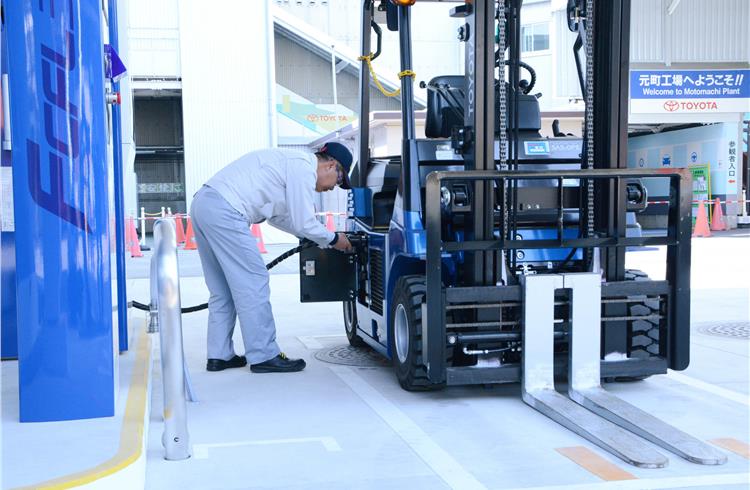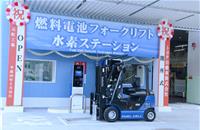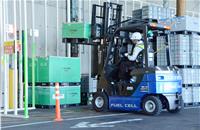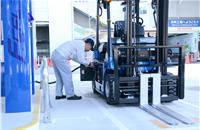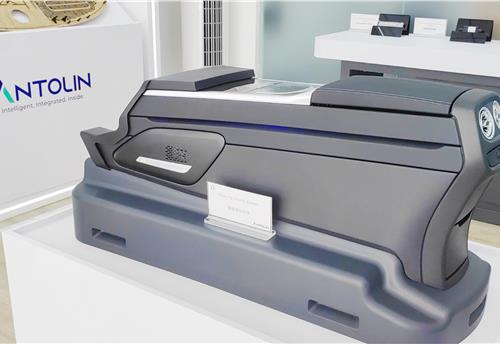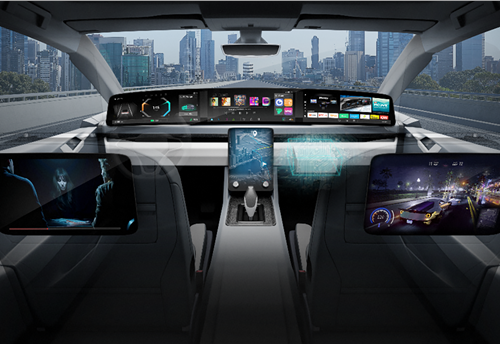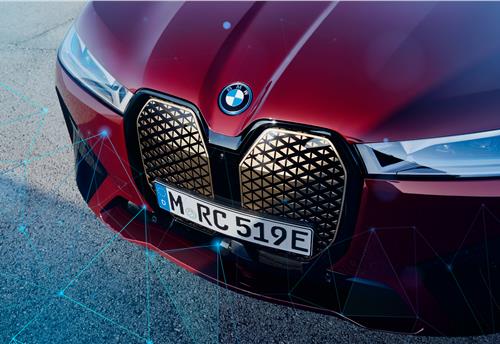Toyota accelerates use of hydrogen at Motomachi Plant
Deploys 20 fuel cell forklifts at its Motomachi Plant and introduces a dedicated on-site hydrogen station.
Toyota Motor Corporation has deployed 20 fuel cell forklifts, manufactured by Toyota Industries Corporation, at its Motomachi Plant located in Toyota City, Aichi Prefecture. It has also built a hydrogen station for designated use by fuel cell forklifts at the plant.
In addition to Toyota's first two fuel cell forklifts, which were introduced at the Motomachi Plant on January 31, 2017, this brings the number of fuel cell forklifts at the Motomachi Plant up to 22.
As part of its efforts to realise the Plant Zero CO2 Emissions Challenge, which falls under Toyota's Environmental Challenge 2050, Toyota has been developing and implementing low-emission production technologies and conducting regular kaizen (continuous improvement) activities. In addition to these efforts, it is also utilising renewable energy and hydrogen in its plants, and this deployment of fuel cell forklifts is part of these efforts.
In order to achieve the Plant Zero CO2 Emissions Challenge, Toyota intends to continue to replace existing conventional forklifts with fuel cell forklifts, deploying a total of 170 to 180 fuel cell forklifts to the Motomachi Plant by around 2020. Furthermore, the deployment and use of fuel cell forklifts will also be promoted at other plants.
The 20 newly introduced fuel cell forklifts have been deployed by tapping into a joint initiative led by the Ministry of the Environment and the Ministry of Economy, Trade and Industry, in an effort to promote the use of fuel cells in industrial vehicles to realize a hydrogen society.
Fuel cell forklifts utilise hydrogen to generate electricity, and demonstrate excellent environmental performance as they do not emit CO2 or substances of concern (SOCs) during operation. They are also very convenient given that they can be refueled in approximately three minutes. Furthermore, with their ability to supply electricity, fuel cell forklifts can serve as a source of power supply during emergencies.
Also read:
Hydrogen Council gets 11 new members including Bosch, Great Wall Motor and 3M
Tata Motors and IOC commence trials of India’s first hydrogen fuel cell bus
RELATED ARTICLES
Antolin unveils sustainable tech solutions at Beijing Motor Show
In line with its China market roadmap, Antolin is showcasing its latest advances in lighting, HMI, electronics, and sust...
Visteon wins $1.4 billion in new business in Q1 2024, launches 26 new products
Digitisation of vehicle cockpit megatrend is a key growth driver for Visteon with over $400 million of displays wins; Vi...
BMW uses Catena-X ecosystem using real-world CO2 data to enhance quality
Working together with partners and suppliers, the company has modelled a complete data chain for the first time using re...





 By Autocar Pro News Desk
By Autocar Pro News Desk
 16 Mar 2018
16 Mar 2018
 5863 Views
5863 Views



